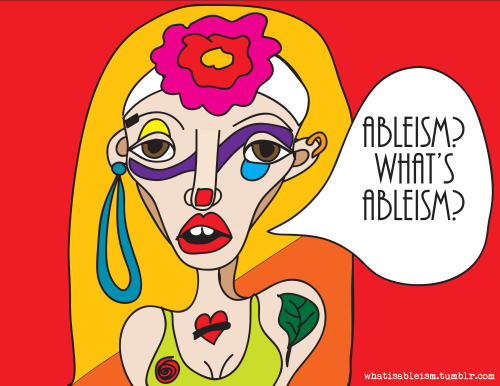Tales of post-apocalyptic landscapes in which few survivors emerge into a new and much different world have long been popular tales woven by screenwriters and authors. While many enjoy these stories, thinking of them as nothing but a guilty pleasure, they may not realize that immersing themselves in fiction has prepared them for the reality of 2020, according to a team of researchers.
Read the complete article from Penn State here: Zombie movies prepared you for the pandemic


















